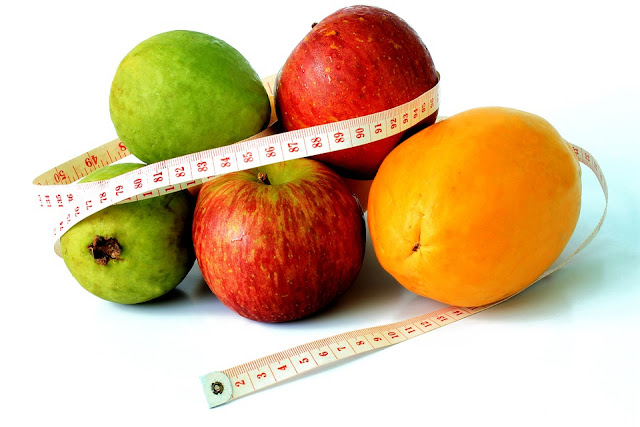People are usually against diet
plans because diet plans are restrictive. They generally prefer to stick to
simple principles of eating whole foods, staying active and eating average
portions of foods. Diet is the biggest element of losing fats. You can burn
about 600 calories in a work out, but you can eat that much two to three times
in just one sitting by eating junk food. I would still recommend burning
calories as much as you can and staying active, but for actually losing fat
people need to look at their diet. Sticking to the diet plan is often difficult
and most of the people fail and feel guilty. We have made this
easy by sharing some ways of sticking to a diet plan.
Here are some simple tips that will
help you develop a diet plan that you can actually implement for a long period
of time:
1) First learn the important
skills and then try to change your eating such as keep motivating yourself every
day, get yourself to use great eating habits, try to resist hunger and cravings
and learn to get yourself back on track instantly when you make a mistake.
2) Stay accountable to yourself
by checking your weight daily. Report to other people via email, text messages,
etc.. There are also many apps available that help you track your weight,
otherwise you can follow the traditional method by recording it in a journal.
3) Do not look for the perfect
combination of foods or the perfect diet. Allow yourself to eat your one favorite
food daily but in a healthy way so that you are not fed up of your diet plan.
Moderation is key; eating your favorite foods in reasonable quantities is
totally normal, and being completely restrictive will only make you crave those
foods more.
4) Skip snacks one day and try to
prove to yourself that hunger is not an emergency. Please keep in mind that
skipping meals regularly is not a sustainable method of dieting, nor is it
healthy. It is better to eat meals on time, but be mindful of the portions and
types of food that you are consuming. Stick to low calorie and low fat foods
which still provide long-lasting energy.
5) Teach yourself the difference
between hunger and craving or the desire to eat. Eventually, you just have to
label what you are feeling and tolerate it without having something to eat. Try
to identify the powerful distractions to divert your attention from food. The
simple truth is that many times, we mistake hunger for boredom, when in reality
we only resort to eating food because we want something to keep us occupied. So
it is very important to determine when you are eating out of boredom, and when
you are actually hungry.
These tips should help you
develop a diet that you can actually stick to without feeling bound or trapped.
Good luck!
Do you have any tips for
maintaining a healthy diet plan? Comment below!

Diet is great
ReplyDeleteYes it is. Thanks for reading!
Delete